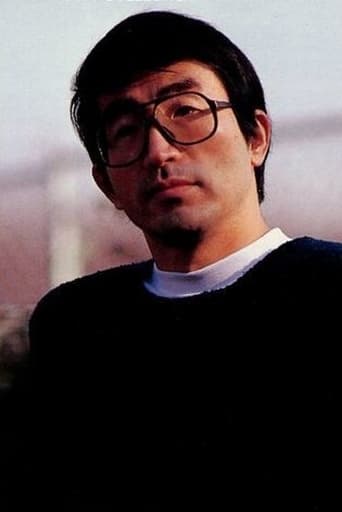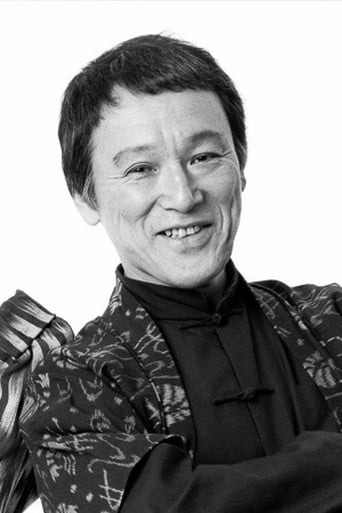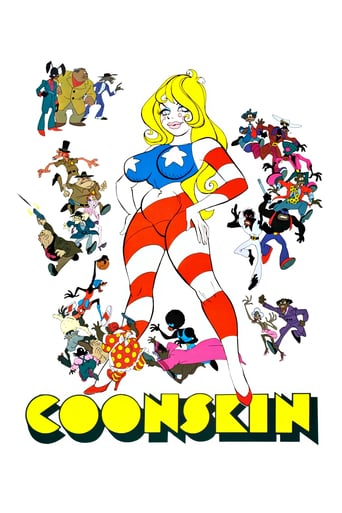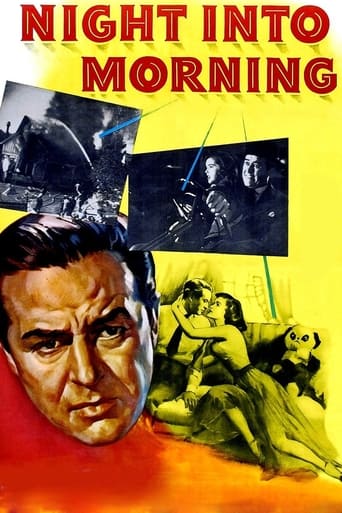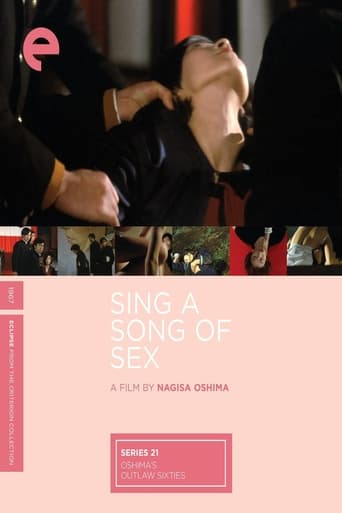
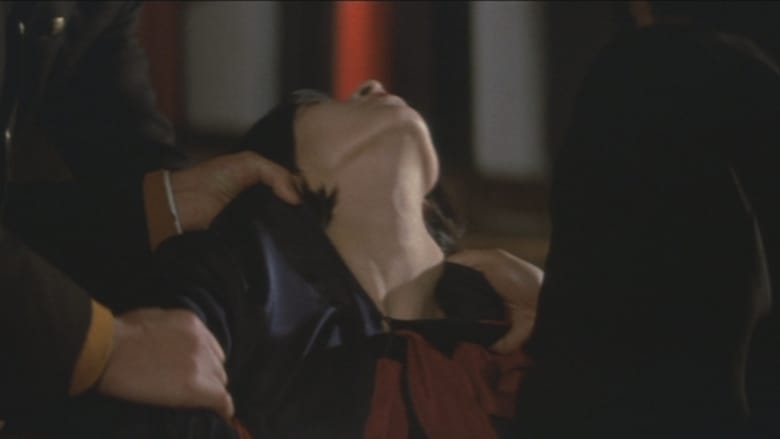
Sing a Song of Sex (1967)
Four sexually hungry high school students preparing for their university entrance exams meet up with an inebriated teacher singing bawdy drinking songs. This encounter sets them on a less than academic path.
Watch Trailer
Cast


Similar titles
Reviews
Memorable, crazy movie
Like the great film, it's made with a great deal of visible affection both in front of and behind the camera.
The story, direction, characters, and writing/dialogue is akin to taking a tranquilizer shot to the neck, but everything else was so well done.
Blistering performances.
It's interesting to me how basically each Nagisa Oshima film is so stylistically different even though most if not all deal with the topics of sex, violence and politics. Sing a Song of Sex (aka A Treatise on Japanese Bawdy Songs), based on an essay by Tomomichi Soeda, is a strange hybrid of a transgressive teenage angst film, a political manifesto, an off-beat musical, an indictment of society and a hallucinative art film.The movie follows four students whose teacher (played by Tampopo director Juzo Itami) delivers long drunken speeches about bawdy folk songs and how they were invented as a sexual outlet by and for the oppressed people. The students take in a different message and go on with their weird rape fantasies, mostly hanging around and singing bawdy songs. The film is a bizarre portrayal of the aimless youth of the time, but it also criticizes the Japanese intolerance towards Korean minorities (a theme later explored in two other Oshima films). Beyond that though, the movie is a bit too strange to make a head or tail out of it. It oscillates between light confusion and uncomfortable strangeness, always faithful to the red-black color palette (which I really dig) and its soundtrack composed of bawdy folk songs and American evergreens. A recommendation, maybe.
This film is loaded with allegory, much of it evident, I suspect, only if one is intimate with Japanese culture; to Western eyes, it is obvious that Oshima is dealing with disaffected youth, as four lads in school uniform aimlessly follow various paths that seem to offer opportunity for misbehavior of all kinds, especially sexual adventure; while on the quest, references are made to education, to the era of protest, to national relationships to China and Korea--recall that this film was made two years previous to Easy Rider (and makes that film look like Rebecca of Sunnybrook Farm)--much of it can be confusing, but repeated viewings payback with rich rewards for those willing to look for more than entertainment
Sing a Song of Sex, or 'A Treatise on Japanese Bawdy Songs' (frankly I can't really tell you which title is better) is done by a filmmaker who has a kind of poker face, and only reveals his hand just slightly half-way through, so that by the end you really feel the collective punch of his full show of cards. It's a story that has a melancholy air to it, but suffused with a captivating sense of irony and self-consciousness ultimately with itself. Its main characters really couldn't give a damn, except to get laid, and in a way it's like the twisted older cousin of an American Pie movie... only without the bawdy jokes and replaced with bawdy songs, I guess.This film takes a look at aimless youths finishing high school and getting ready for college who after the sudden death of a teacher wander about singing the same song of sex (going through ten scenarios through the song), and imagining raping a girl in a classroom. There is also a girlfriend of sorts (or two) who follow with their pack, and at one point they come across a group singing protest songs in English. But mostly not a whole lot "happens" except that Oshima gets precisely and dangerously into the minds of his politically conscious - or un-conscious- minds. What do these four boys think about? What's their plan or play? What about the one student who may or may not (or not likely) have been able to save the teacher's life? The style starts out very realistically, which opens it up for how bizarre it gets later on since nothing seems too self-conscious, but everything has on another air of fantasy to it. The last ten minutes gets especially brutal, though all with a slow and uncomfortably surreal boil (by uncomfortable I mean as a compliment). It's a mature, super-black comic work by a director who knows how to put the camera in positions that make his characters more than just figures in a frame but figures set against the backdrops they're in (snow, city buildings, bridges, crowds, the empty school room).
This movie is about four male high school students who took their university entrance exams and are just hanging around mostly. They have a connection with their teacher Mr. Otake and they go out drinking with him and 3 female classmates. Mr. Otake starts singing a bawdy Japanese folk song, a song sung throughout the film by the male characters. One night after heavy drinking, Otake pays for the girls and guys to stay at an inn since the trains have stopped running. Otake puts on the gas stove, falls drunkenly asleep and accidentally kills himself by poisoning. The girls are inconsolable, the guys nonchalant. The guys become obsessed with a fellow classmate, mostly known by her seat number 469. The film goes from there, with meeting her, meeting Otake's mistress and singing the song. This take on disenfranchised youth in Tokyo is very effective. Director Oshima Nagisa is well known for pushing the envelope (he directed the notorious "In The Realm Of The Senses")and this character study is interesting, with good young actors in the pivotal roles. The movie title notwithstanding, this is not a pornographic film, it has very little nudity and very little violence. Its just a story of attitude, indifference and, if not fear, wariness of what lies ahead. I liked the pacing in this film and generally feel you'll like it if you like Japanese drama. Not perfect, but an interesting film from a maverick director who has no problem making you think.


